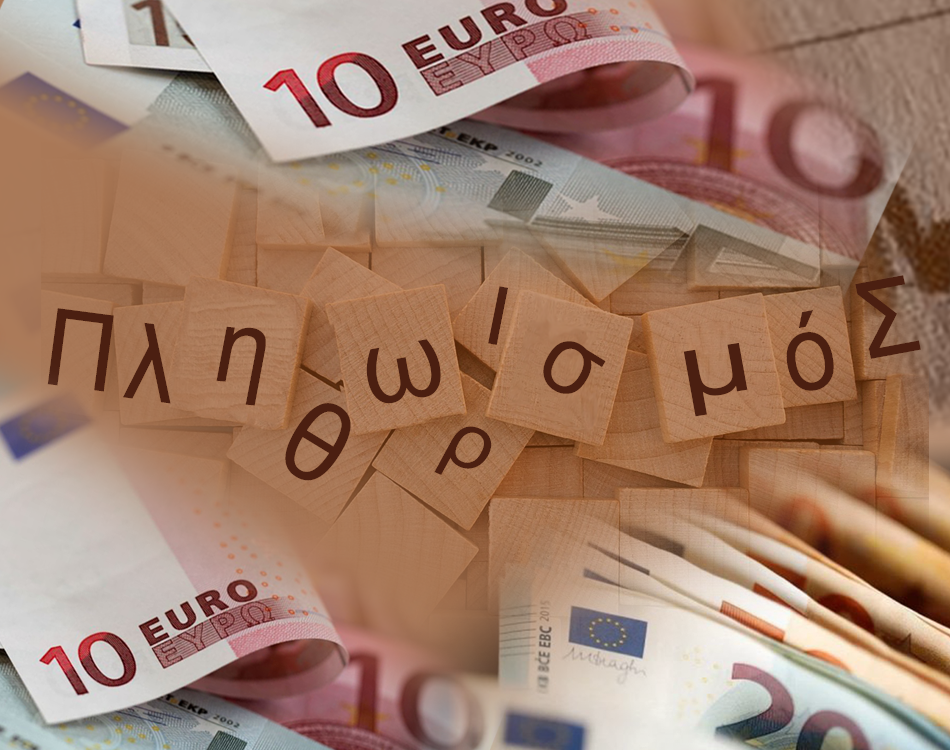An “alarm” has also been sounded in the Greek market, which is watching with particular anxiety the attempt to free the Ukrainian grain. What is frightening is not the possibility of shortages – as alternative supplies and supply channels have already been found – but the unprecedented domino effect of price increases in the global supply chain. The business world is struggling to make ends meet.
Typical is the case of bakers, who state to their interlocutors that even bread may suffer a new cycle of price increases, if the inflationary rally is maintained for a long time and there are no additional “breakwaters”, after the brave intervention for electricity bills. An intervention that is estimated to have had a deterrent effect on price increases. Common wheat, used in the production of bread, rose from 275 euros to the area of 420 euros, bakers note, while electricity bills increased by 60%.
The debate that has erupted over the de-escalation of VAT at the low rate – even for a period of time – is considered to be able to afford a breath of relief and partially alleviate the situation. A similar picture exists in all sectors of the economy, which are under similar pressure and are sounding the alarm for the future.
Concerns also prevail in the world of agricultural production, which is particularly concerned about the course of demand, especially after the end of summer and the end of the tourist season. Already, according to the latest study by the Consumer Goods Research Institute (IELKA), 6 out of 10 have reduced electricity consumption and food purchases, while 41% avoid shopping in order to have money in case of emergency.
The competent state authorities closely monitor the situation and are constantly informed about the course of the country’s supply and the levels of adequacy.
The Minister of Rural Development and Food, Giorgos Georgantas, speaking recently to “NEA” newspaper, appeared reassuring and clarified that there is no question of food crisis in the country. “Greece,” he said, “is sufficient and any minor problems in the supply have been remedied.” Cereal imports, he continued, are being carried out normally from various countries, including Serbia, which has lifted its grain export ban. “We have enough for more than two months, without factoring in domestic production…”, he stressed emphatically.
Nutritional sufficiency – An untapped opportunity
“Greece could be less affected by a global food crisis if it had modernized and developed agricultural production,” said Giorgos Baltas, a professor in the Department of Marketing and Communication at the Athens University of Economics and Business, noting that the country already has a strong comparative advantage in various forms of agricultural production and produces a wide variety of high quality crops. The variety of food items that can be produced in different parts of the country, he notes, “is such that it would cover most of the needs of the domestic market for agricultural products.”




